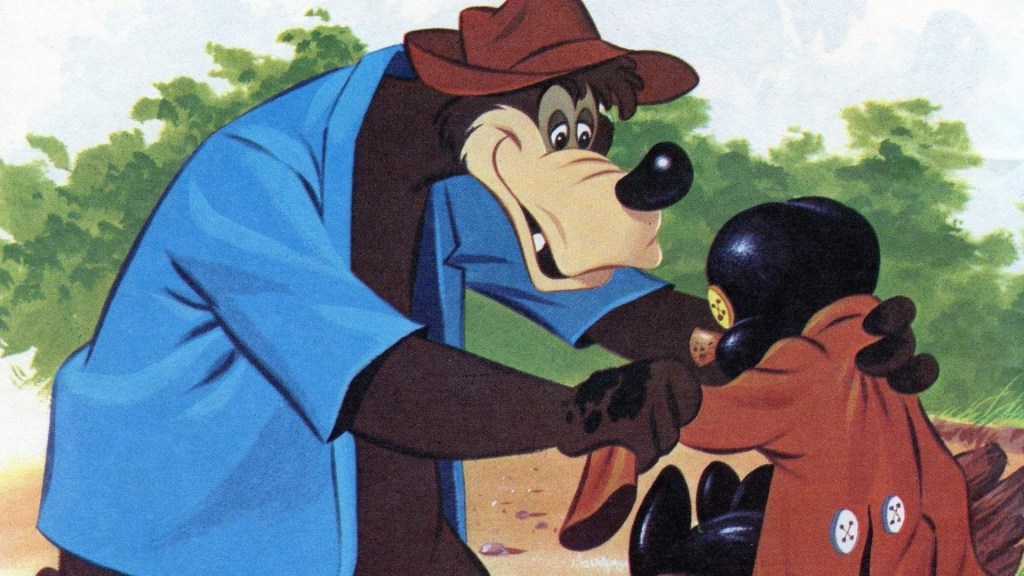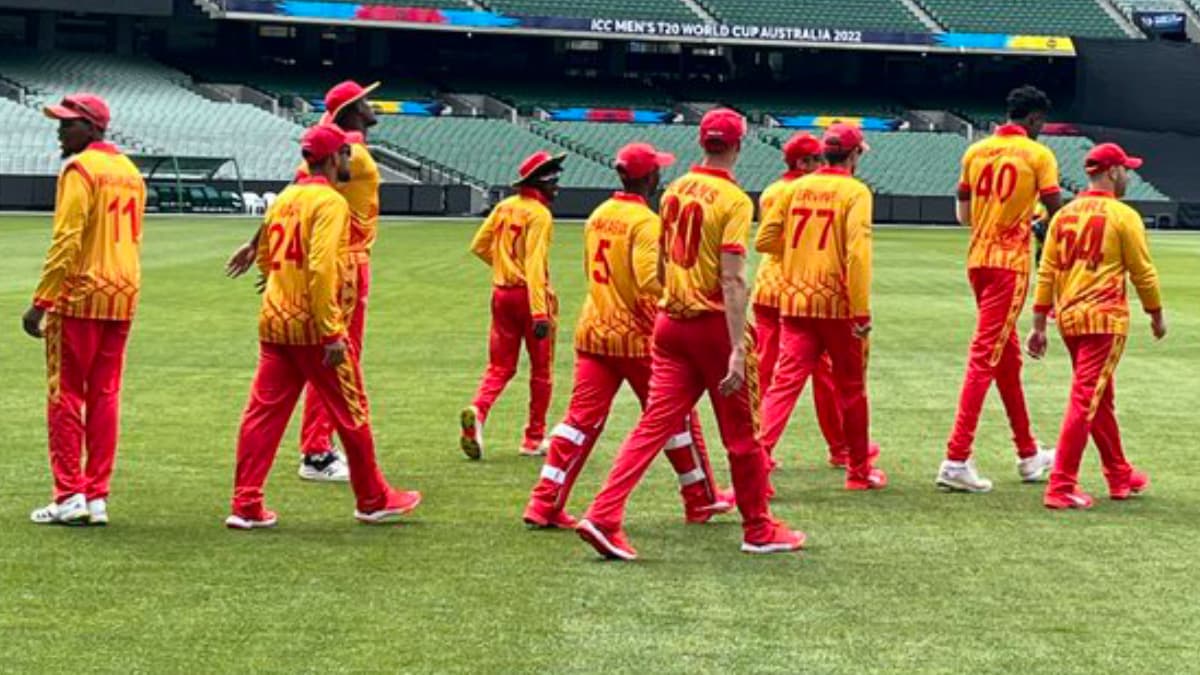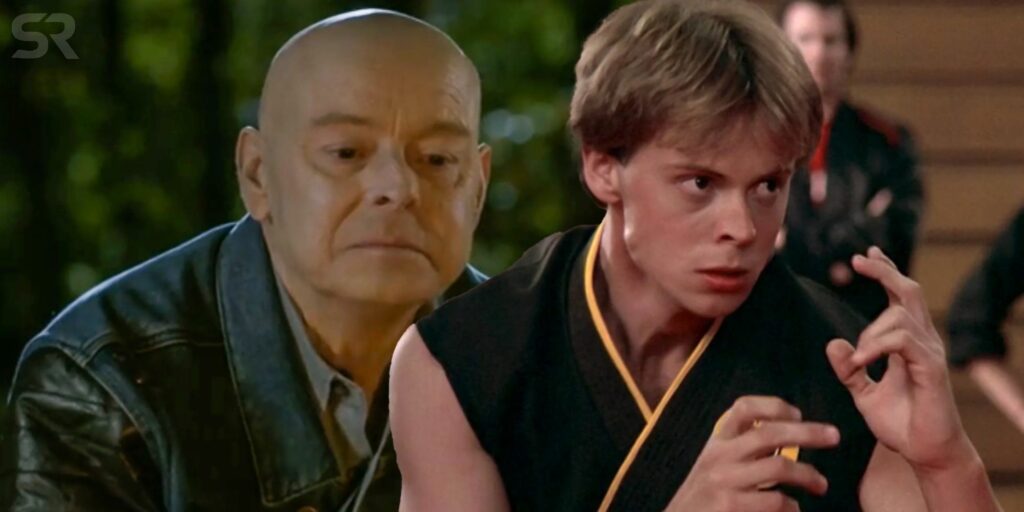The Karate Kid: Comparing The Original Film To Its Reboots And Sequels

Table of Contents
The 1984 Original: A Timeless Tale of Underdog Triumph
The 1984 version of The Karate Kid remains a cinematic touchstone, a perfect blend of coming-of-age drama and martial arts action. Its enduring appeal lies in its timeless themes and relatable characters.
Daniel LaRusso's Journey: From Outsider to Champion
Daniel LaRusso's character arc is the emotional core of the film. He's initially portrayed as a vulnerable, somewhat naive teenager, thrust into a new and hostile environment. His move to California throws him into the middle of a conflict with the ruthless Cobra Kai dojo. This underdog story, so central to the Karate Kid narrative, resonates deeply with audiences. The movie masterfully charts Daniel's transformation under Mr. Miyagi's tutelage, showcasing his growth in both martial arts skills and self-confidence.
- Perseverance and Self-Discovery: Daniel's journey is a testament to the power of perseverance. He faces numerous challenges, both physical and emotional, but never gives up. The film beautifully portrays his self-discovery, as he learns not only karate but also valuable life lessons about discipline, respect, and inner strength.
- Iconic Training Montages: The classic training montages, involving seemingly mundane tasks like waxing cars and painting fences, are more than just entertaining sequences; they are crucial to illustrating Mr. Miyagi's unconventional teaching methods and Daniel's gradual mastery of karate. These scenes have become ingrained in pop culture, symbolizing the power of dedication and hidden potential.
- The Final Tournament Fight: The final tournament fight isn't just a physical contest; it's a culmination of Daniel's journey, a symbolic representation of his triumph over adversity. The crane kick, a move taught by Mr. Miyagi, becomes a symbol of both grace and power, representing Daniel's transformation from an underdog to a champion.
Mr. Miyagi: The Wise and Patient Mentor
Mr. Miyagi is far more than just a karate instructor; he's a wise, patient, and ultimately loving mentor who becomes a father figure to Daniel. His unconventional teaching methods, often disguised as everyday chores, are a testament to his profound understanding of both karate and the human spirit. Mr. Miyagi's character transcends cultural boundaries, making him a globally recognizable symbol of wisdom and guidance.
- The "Wax On, Wax Off" Philosophy: The seemingly simple tasks of "wax on, wax off" and "sand the floor" are allegorical, representing the hidden lessons and underlying principles of karate and life. These seemingly mundane tasks are carefully designed to build strength, focus and coordination, which are necessary for martial arts success and also a successful life.
- Father-Son Dynamic: The relationship between Mr. Miyagi and Daniel goes beyond that of teacher and student. It develops into a deep bond of mutual respect and affection, mirroring a father-son dynamic. Mr. Miyagi's quiet strength and unwavering support are crucial to Daniel's success.
- Cultural Impact: Mr. Miyagi's calm demeanor and wise sayings have become iconic, transcending the movie's narrative to influence popular culture and discussions on mentorship and effective teaching.
The Reboots and Sequels: New Takes on a Classic Story
While the original The Karate Kid remains a benchmark, the franchise has seen several attempts to recapture its magic in different forms.
The 2010 Remake Starring Jaden Smith
The 2010 remake, starring Jaden Smith and Jackie Chan, shifts the setting to China, offering a fresh cultural perspective on the familiar story. This modern interpretation maintains the core themes of mentorship and self-discovery but incorporates a different cultural context.
- Shift in Setting and Cultural Context: Relocating the story to China allowed for exploration of a new culture and different martial arts styles. This change also impacts the dynamics of the mentor-student relationship.
- Comparison of Mentor-Student Relationships: While the mentor-student dynamic remains central, the relationship between Jaden Smith's character and Jackie Chan's differs from the original, reflecting different cultural approaches to mentorship and discipline.
- Reception and Success: The remake was met with mixed reviews, with some appreciating the fresh perspective and others finding it lacking compared to the original. Its commercial success was moderate, illustrating the challenge of replicating the original's iconic status.
The Karate Kid Franchise Beyond the Films: Cobra Kai
The Cobra Kai Netflix series has breathed new life into the franchise, offering a compelling sequel series that explores the characters and conflicts decades later.
- Success and Appeal to New Audiences: Cobra Kai has been a phenomenal success, appealing to both longtime fans and a new generation who might be unfamiliar with the original films. Its exploration of complex characters, shifting allegiances, and enduring themes has resonated with viewers.
- Themes of Redemption and Legacy: The series delves into themes of redemption, second chances, and the lasting impact of past decisions. Characters grapple with their legacies, forcing them to confront the consequences of their past actions.
- Character Portrayals: Cobra Kai provides a nuanced look at characters who were initially presented as one-dimensional villains. The series allows the characters to evolve in realistic and complex ways. Johnny Lawrence's character arc is a perfect example of this.
Conclusion
The Karate Kid franchise, from its iconic original film to its contemporary reboots and the immensely popular Cobra Kai series, continues to resonate with audiences worldwide. While each iteration offers a unique perspective on the core themes of mentorship, perseverance, and self-discovery, the original film remains a landmark achievement in cinematic storytelling. Whether you're a longtime fan revisiting your childhood favorites or a newcomer discovering the franchise, exploring The Karate Kid in its various forms offers a rich and rewarding cinematic experience. Dive in and discover the enduring legacy of The Karate Kid for yourself!

Featured Posts
-
 The Impact Of Us Fiscal Uncertainty On Stock Markets
May 23, 2025
The Impact Of Us Fiscal Uncertainty On Stock Markets
May 23, 2025 -
 Trucking Industry Update Big Rig Rock Report 3 12 On 99 5 The Fox
May 23, 2025
Trucking Industry Update Big Rig Rock Report 3 12 On 99 5 The Fox
May 23, 2025 -
 May 2025s Best Netflix Additions
May 23, 2025
May 2025s Best Netflix Additions
May 23, 2025 -
 Englands Test Squad Revealed Zimbabwe Match
May 23, 2025
Englands Test Squad Revealed Zimbabwe Match
May 23, 2025 -
 The Untold Karate Kid Story Cobra Kais Deep Connections Explained
May 23, 2025
The Untold Karate Kid Story Cobra Kais Deep Connections Explained
May 23, 2025
Latest Posts
-
 Extended Partnership Ooredoo Qatar And Qtspbf Announce Continued Collaboration
May 23, 2025
Extended Partnership Ooredoo Qatar And Qtspbf Announce Continued Collaboration
May 23, 2025 -
 Long Term Collaboration Ooredoo Qatar And Qtspbf Extend Agreement
May 23, 2025
Long Term Collaboration Ooredoo Qatar And Qtspbf Extend Agreement
May 23, 2025 -
 Ooredoo Qatar And Qtspbf A Winning Partnership Continues
May 23, 2025
Ooredoo Qatar And Qtspbf A Winning Partnership Continues
May 23, 2025 -
 Ooredoo And Qtspbf A Continued Partnership For Success In Qatar
May 23, 2025
Ooredoo And Qtspbf A Continued Partnership For Success In Qatar
May 23, 2025 -
 Kartels Security Measures Detailed Official Police Statement Via Trinidad And Tobago Newsday
May 23, 2025
Kartels Security Measures Detailed Official Police Statement Via Trinidad And Tobago Newsday
May 23, 2025
